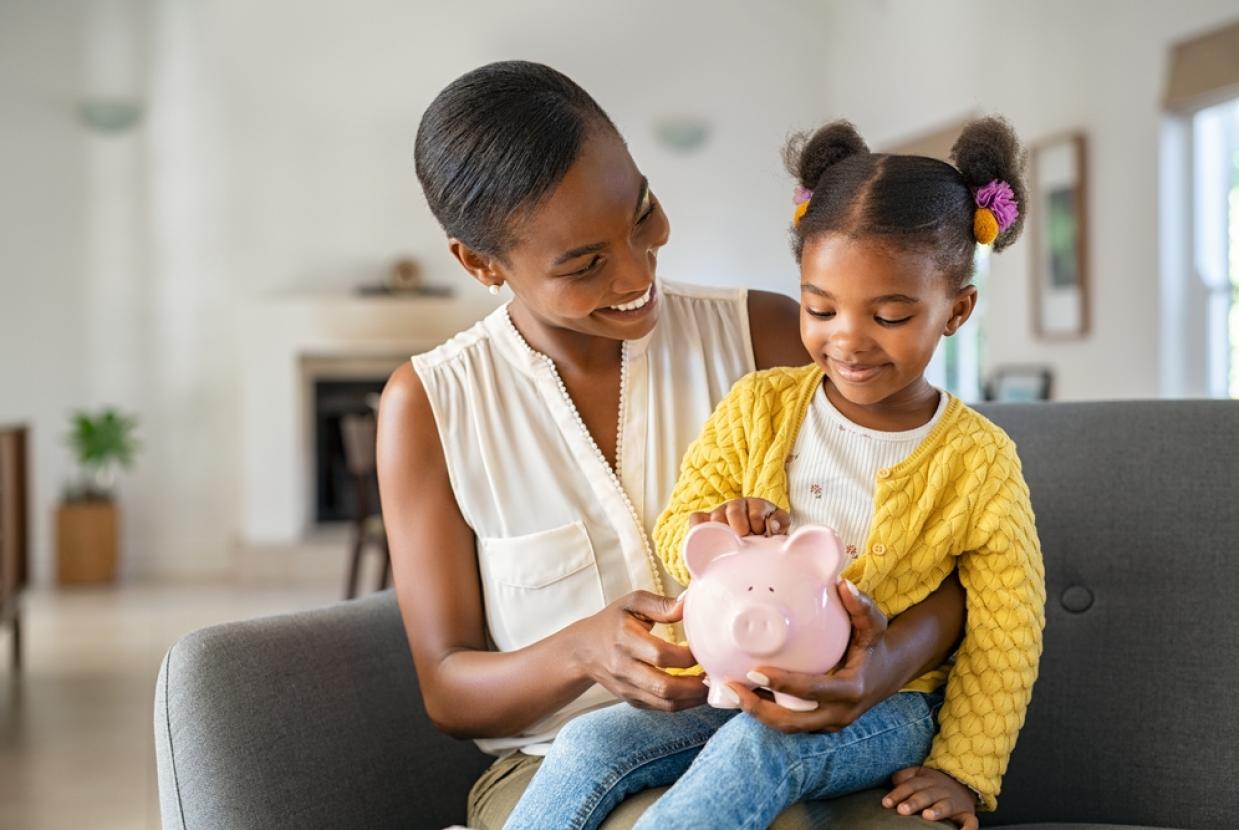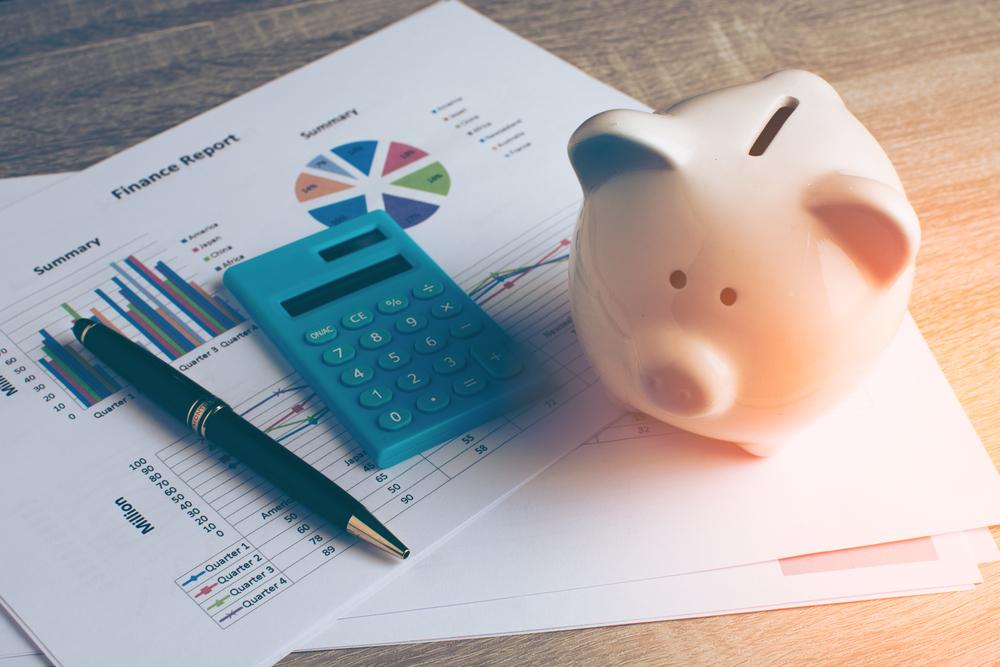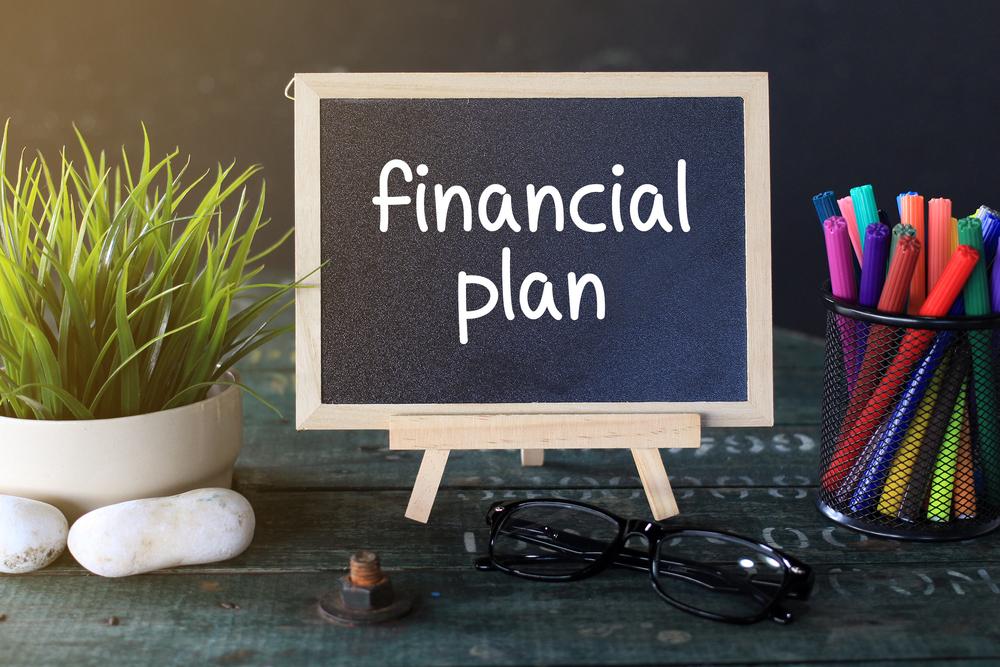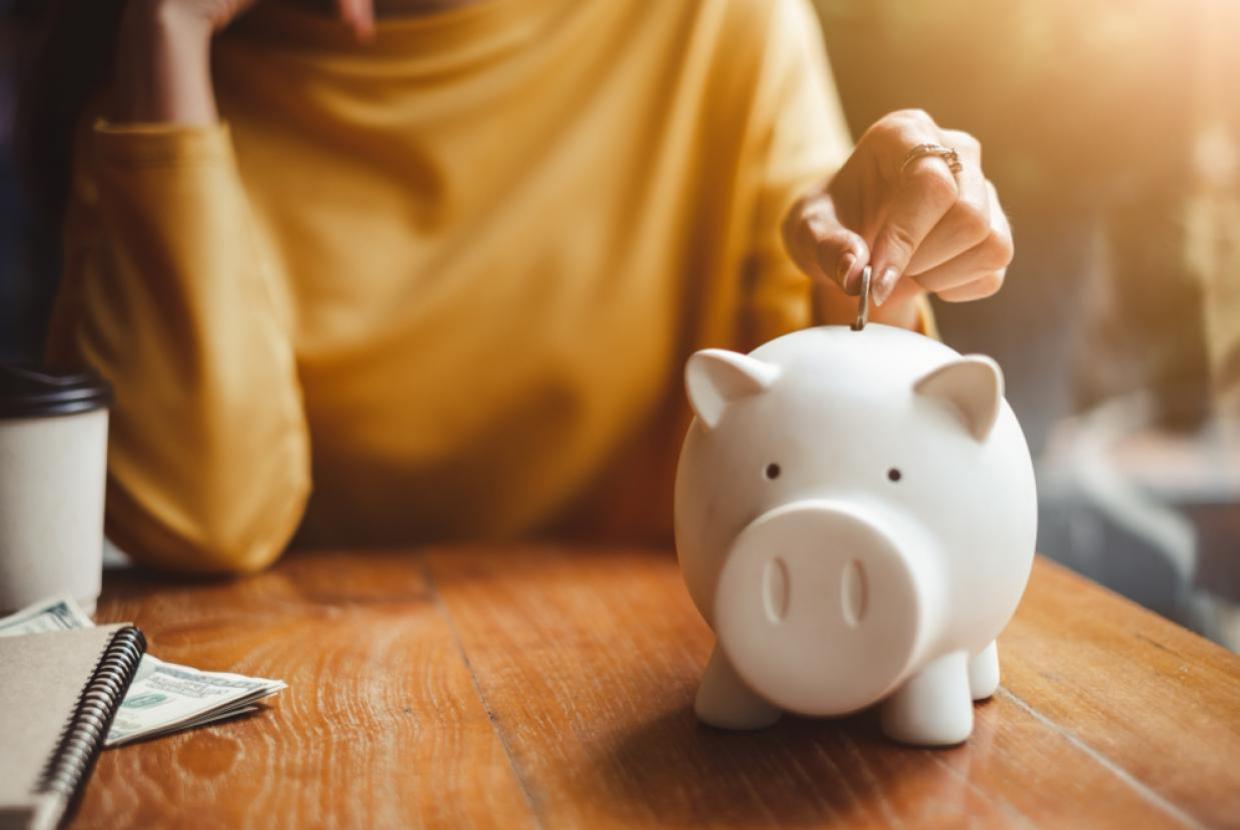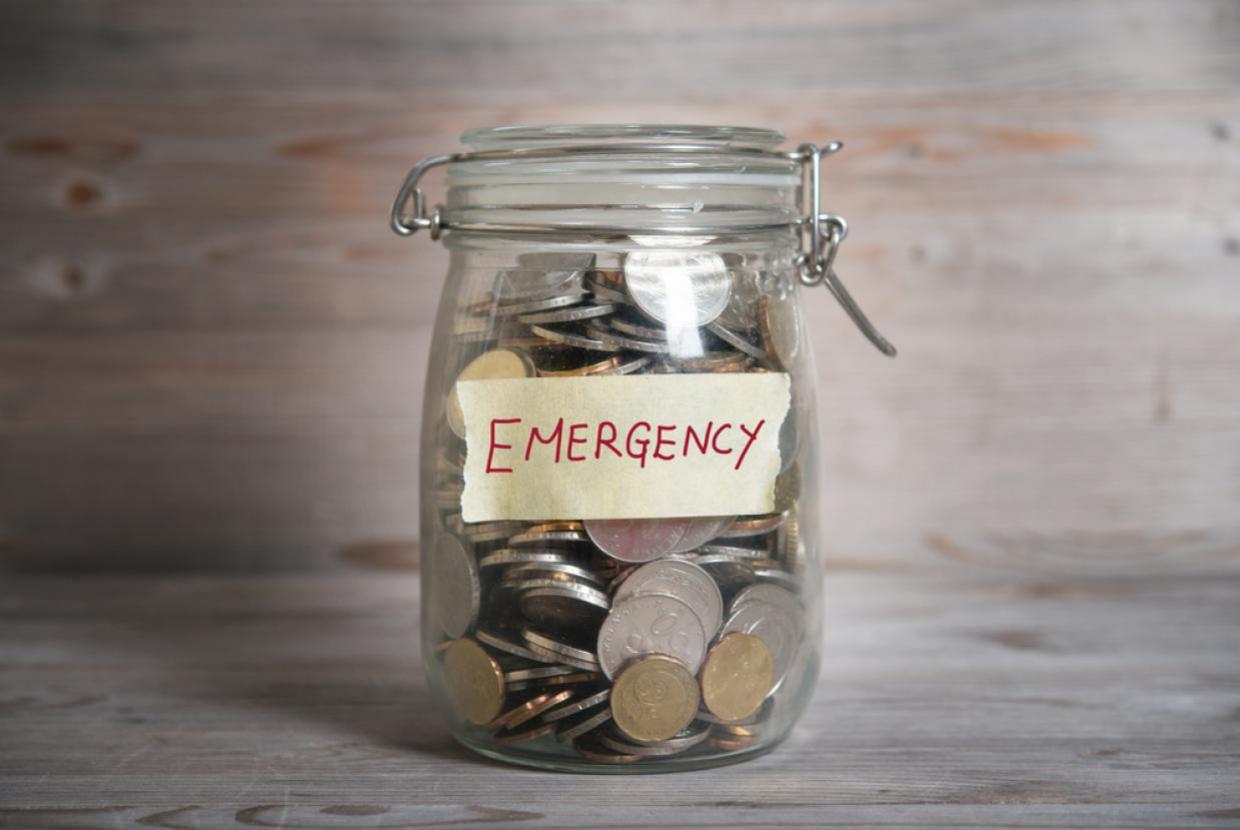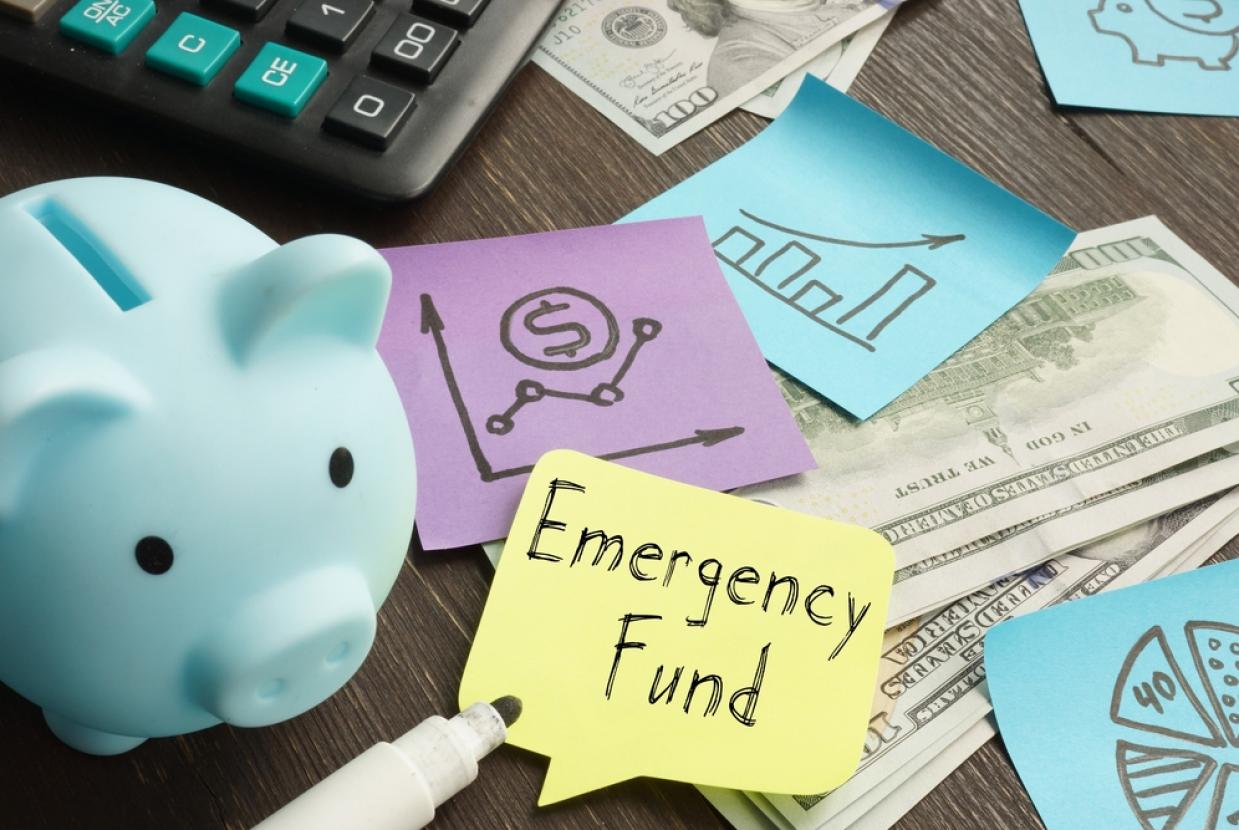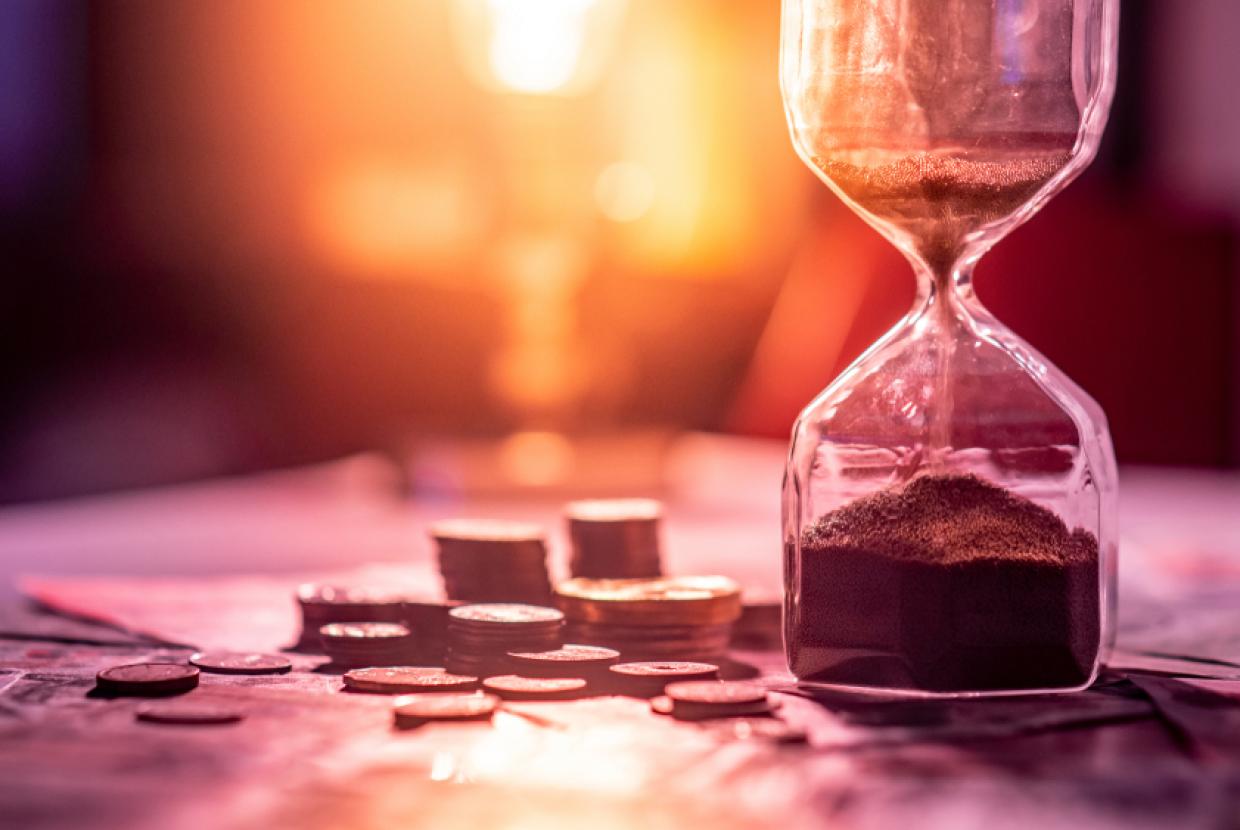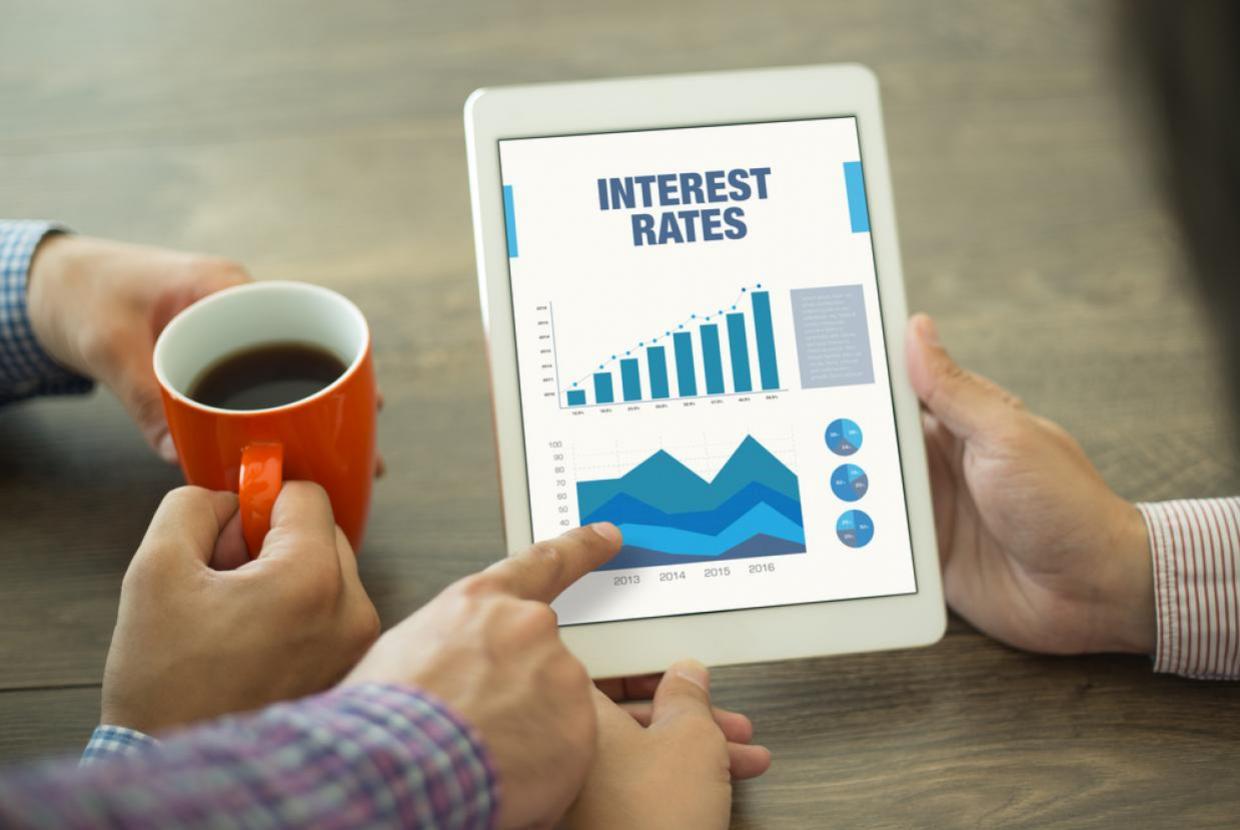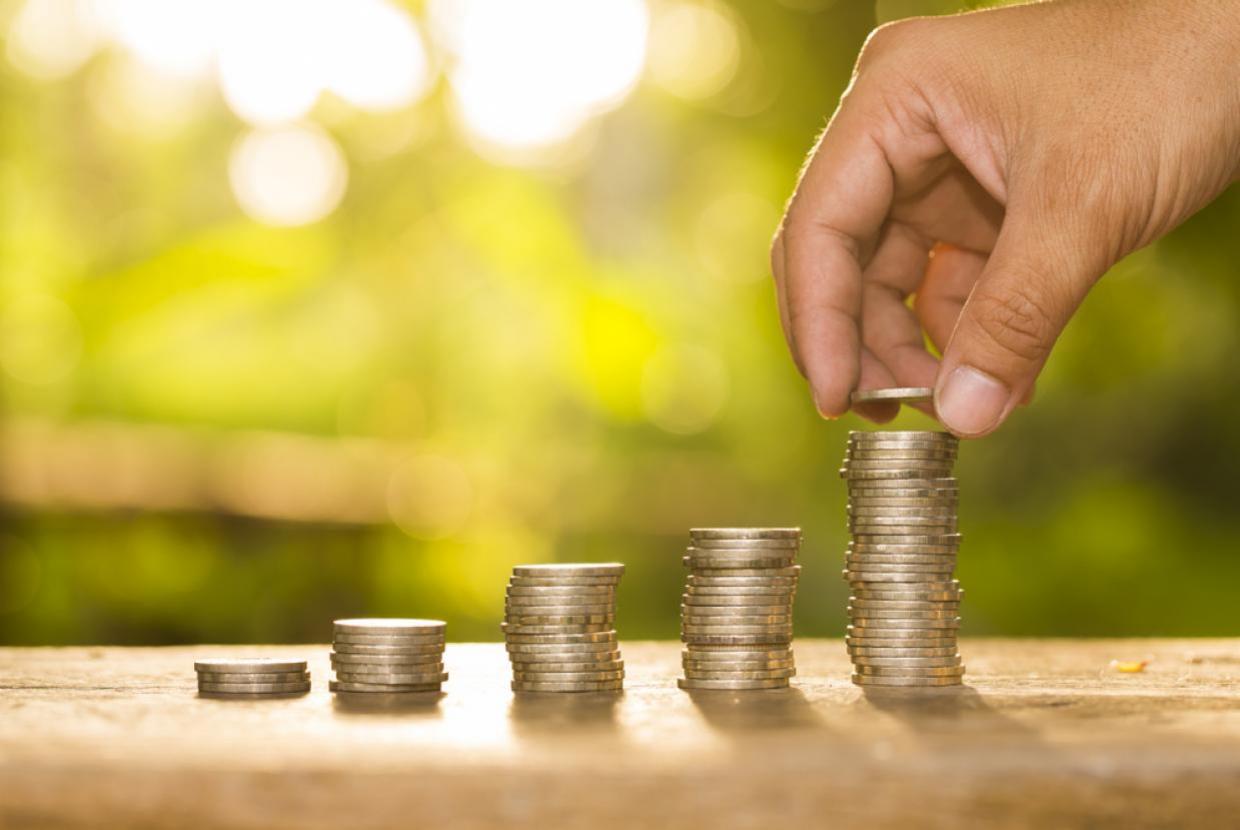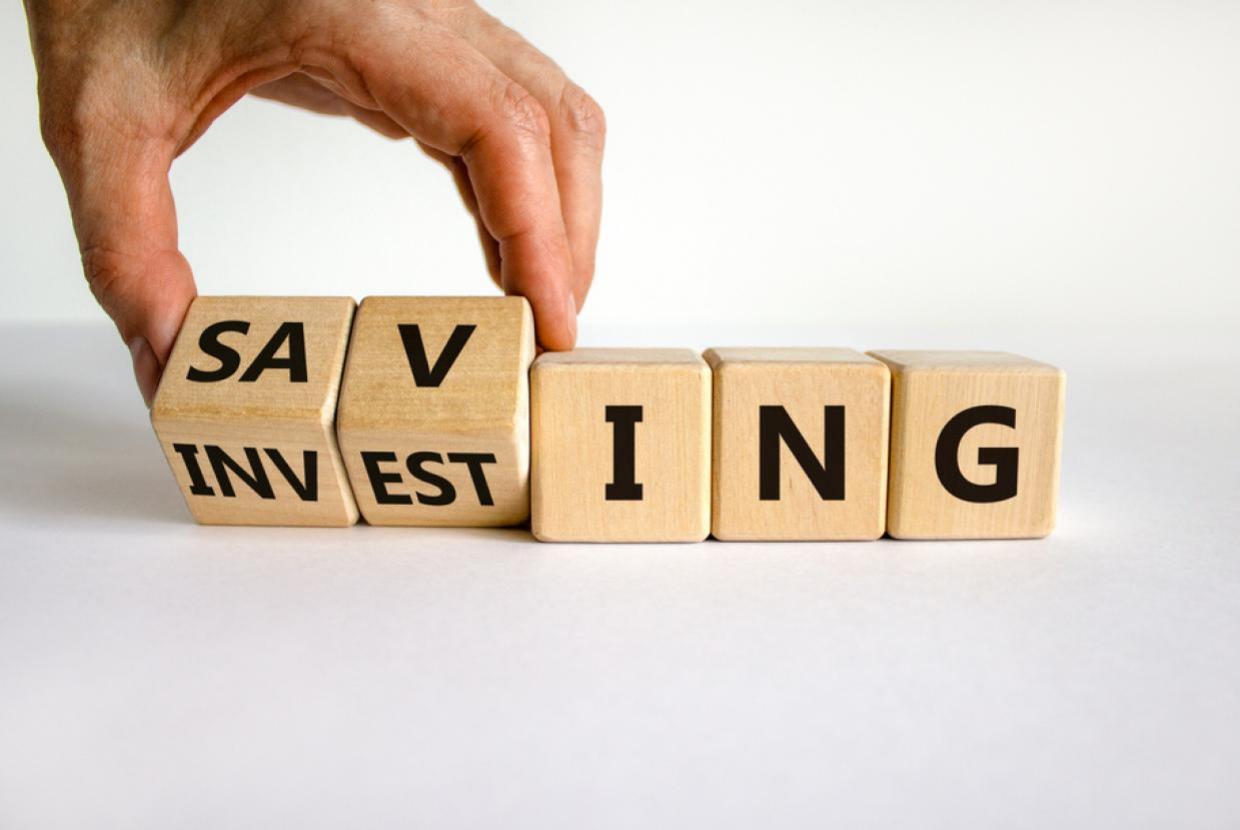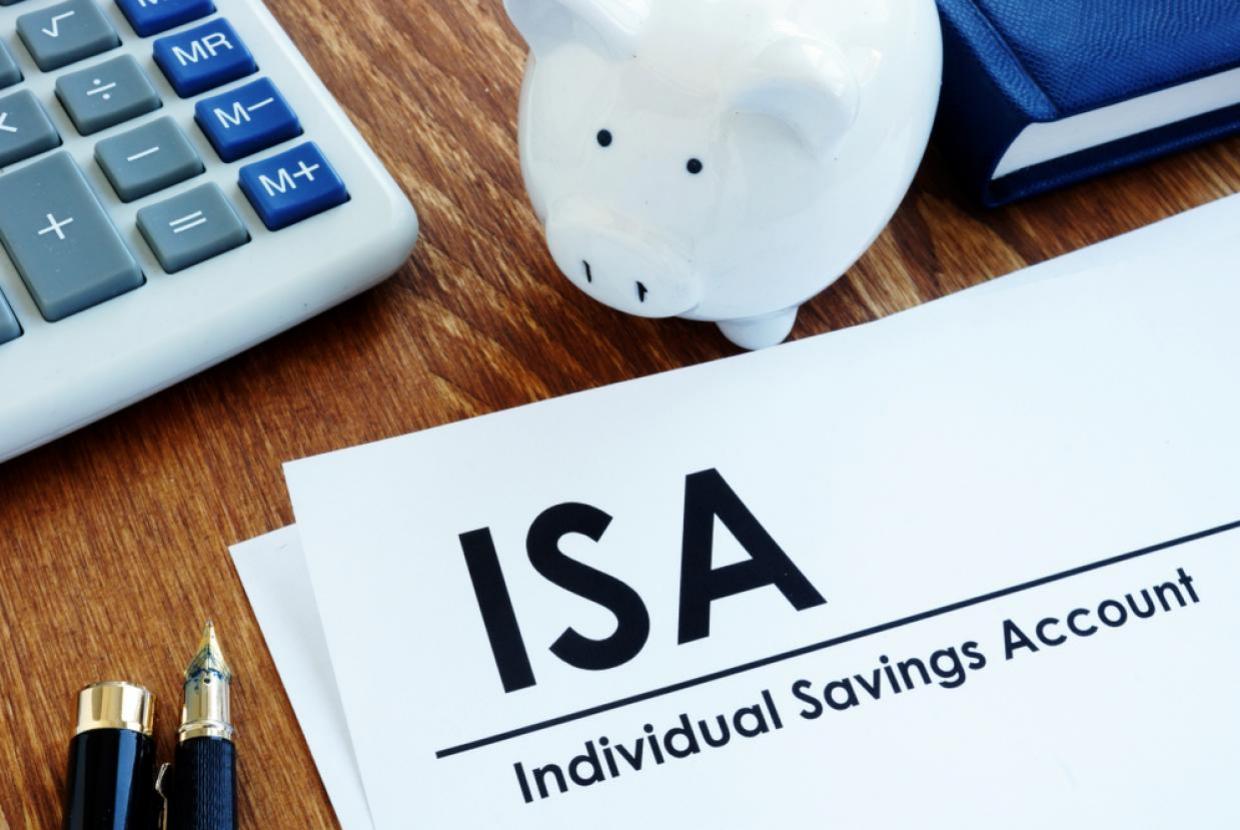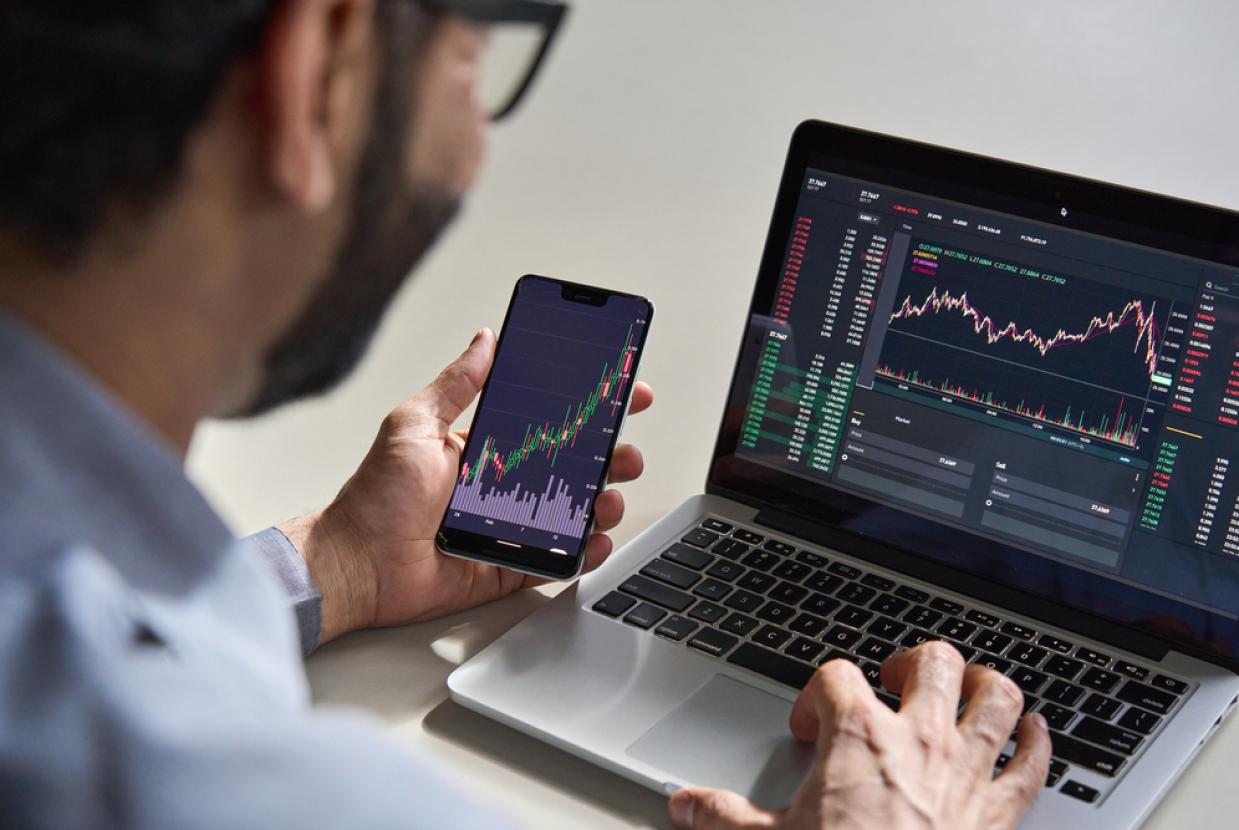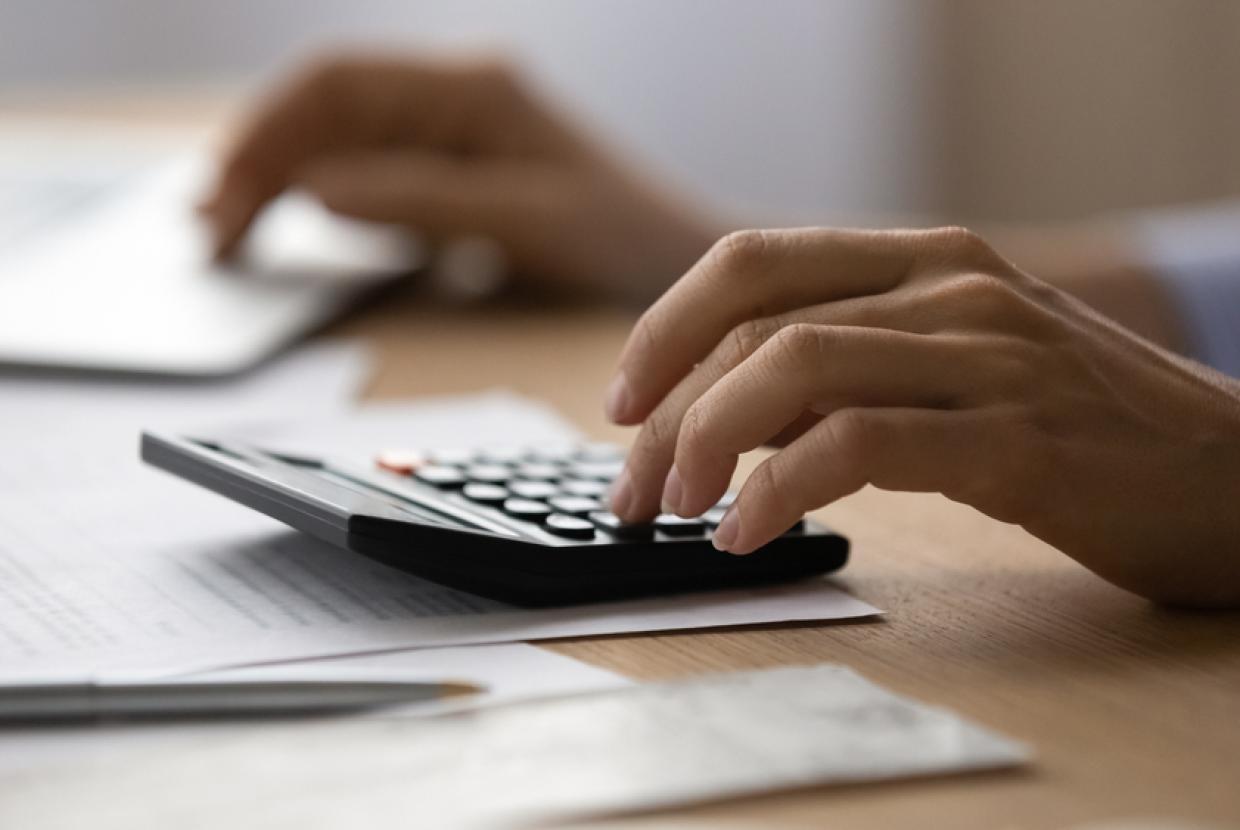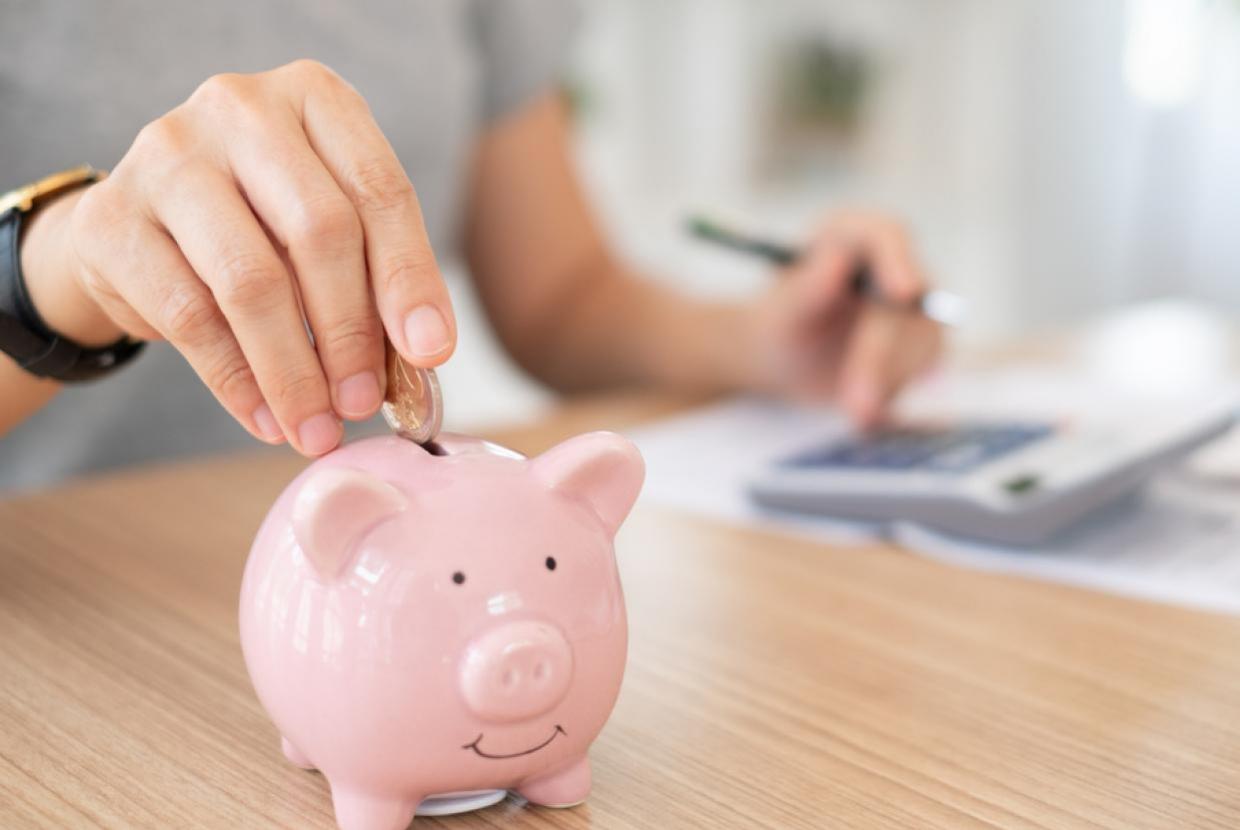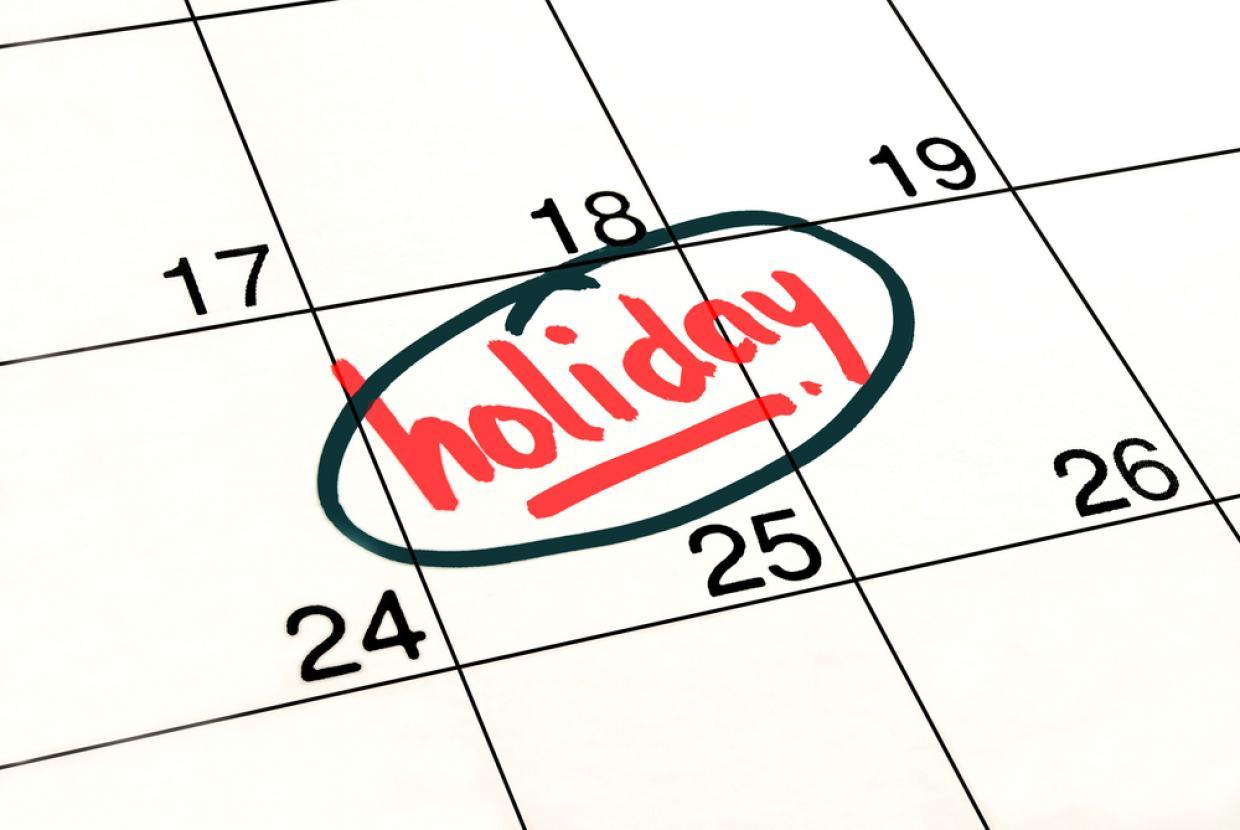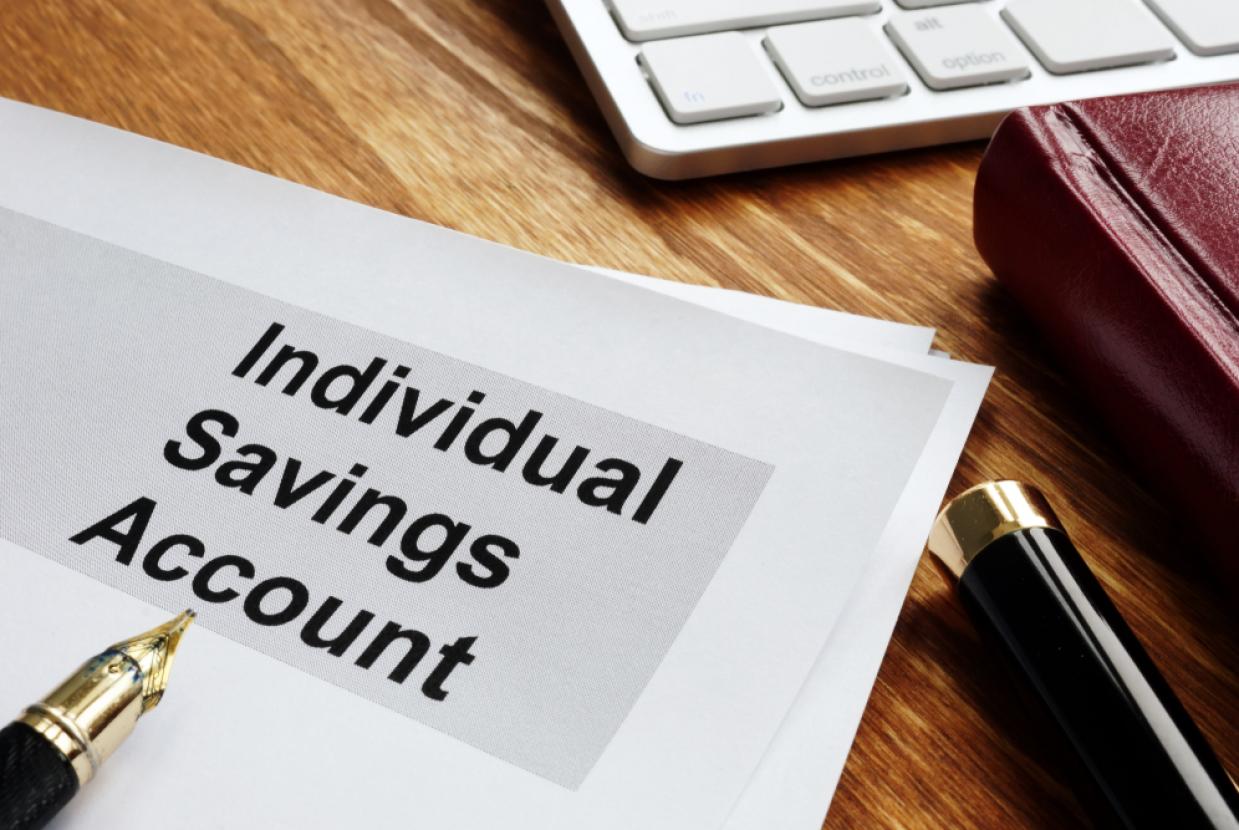Junior ISAs
By starting to save early, you can put your children on the path to a solid financial future. Junior ISAs let you save and invest on behalf of a child under 18. And with no tax on the earnings, the money you put away can grow even faster.
Who can have a Junior ISA?
You can open a Junior ISA for your child if they:
- are under 18
- live in the UK.
If a child was born between 2002 and 2011, they might have a Child Trust Fund (CTF). These can be transferred into a Junior ISA.
If the CTF is not transferred, when a child reaches 18, they’ll still be able to access the money. Or they can choose to transfer it into a normal cash ISA.
How does a Junior ISA work?
- A child’s parent or legal guardian must open the Junior ISA account on their behalf.
- Money in the account belongs to the child, but they can’t withdraw it until they turn 18, apart from in exceptional circumstances. They can start managing their account on their own from age 16.
- The Junior ISA limit is £9,000 for the tax year 2022/23 . If more than this is put into a Junior ISA, the excess is held in a savings account in trust for the child – it cannot be returned to the donor. Parents, friends and family can all save on behalf of the child as long as the total stays under the annual limit.
- No tax is payable on interest or investment gains.
- When your child turns 18, their account is automatically rolled over into an adult ISA . They can also choose to take the money out and spend it how they like – for example, on driving lessons, further education or job training.
Types of Junior ISA
Junior Cash ISAs
A Junior Cash ISA is similar to a bank or building society savings account although the money is locked in and cannot be withdrawn until age 18.
But Junior Cash ISAs come with one big advantage – your child doesn’t have to pay tax on the interest they earn on their savings, and you don’t have too either.
Junior Stocks and shares ISAs
With a Junior Stocks and shares ISA account, you can put your child’s savings into investments like funds, shares and bonds.
Any profits you earn by trading investment funds, shares or bonds are free from tax. Investments are riskier than cash but could give your child a bigger profit, and the value of a Junior Stocks and shares ISA can go down as well as up.
Which Junior ISA is right for your child?
Your child can have a Junior Cash ISA, a Junior Stocks and Shares ISA or both. If they have both, the most they can save is still subject to a £9,000 limit for the 2022-23 tax year.
16 and 17-year-olds can also contribute into the adult equivalent of a Cash ISA (not an adult Stocks and shares ISA), up to the £20,000 limit in the 2022/23 tax year. This is on top of any money paid into their Junior ISA.
If you’re not sure whether a Junior Stocks and shares ISA is right for your child, talking to an independent financial adviser can help you sort things out.
How safe is a Junior Cash ISA?
Cash you put into authorised UK banks or building societies is protected by the Financial Services Compensation Scheme (FSCS).
Up to £85,000 per person in any one authorised firm is safe even if the firm collapses.
Cash you put into UK banks or building societies (that are authorised by the Prudential Regulation Authority) is protected by the Financial Services Compensation Scheme (FSCS).
The FSCS savings protection limit is £85,000 (or £170,000 for joint accounts) per authorised firm.
It is worth noting that some banking brands are part of the same authorised firm. If you've got more than the limit within the same bank or authorised firm, it’s a good idea to move the excess to make sure your money is protected.


